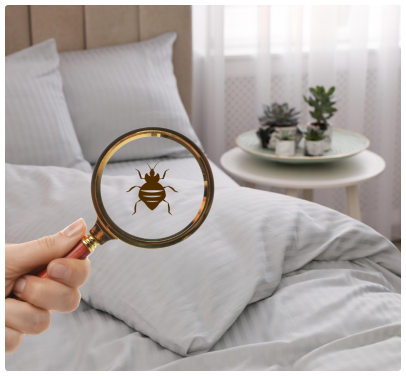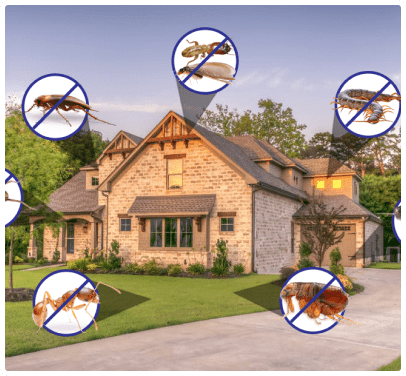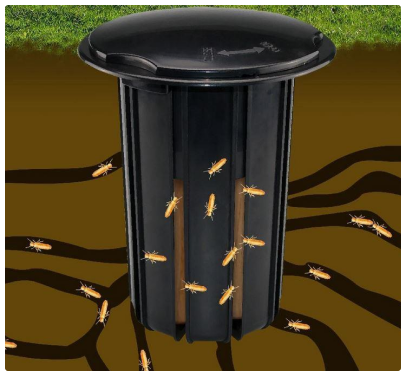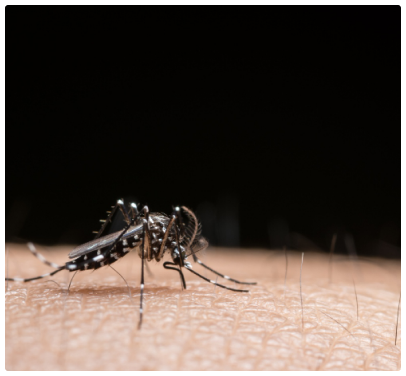We are a family-owned pest control service company based in Canton, GA. Our 30 years of experience goes into our commitment to delivering unparalleled customer service and providing the results you want. Our workforce comprises of extensively skilled pest professionals who can prevent pests from entering your home or business. Call today and talk to actual employees and not a call center.
#1 Pest Control Services
Local Pest Experts Offering Pest-Free Environments.
Pest Problem? Can We Help
You are just one call away.
A local company offering Pest Control, Bed Bug, Termite, Rodent, and Mosquito Services for homes and businesses.
Our Services
Explore Our Services
Questions & Comments
Contact Us Directly For More Information Or Leave A Message Below And We’ll Get Back To You ASAP
Contact Us
Email Address
contact@120pest.com
Opening Hours
Mon- Fri: 8am – 5pm
Saturday: 9am – 12pm
Address
8014 Cumming Hwy Suite 403-291 Canton, GA 30115
Common Pests
There are Many Different Kinds of Pests

